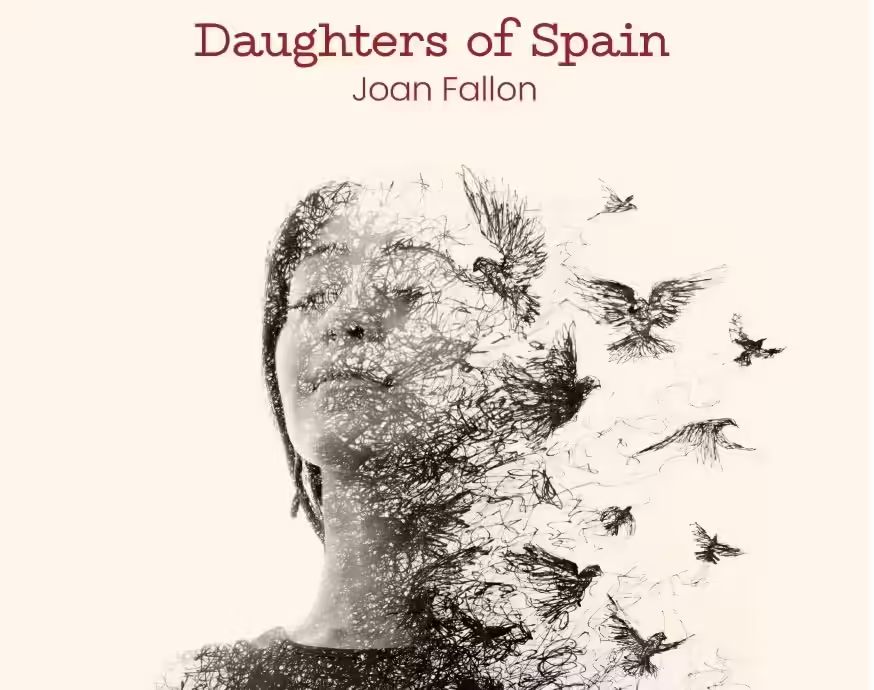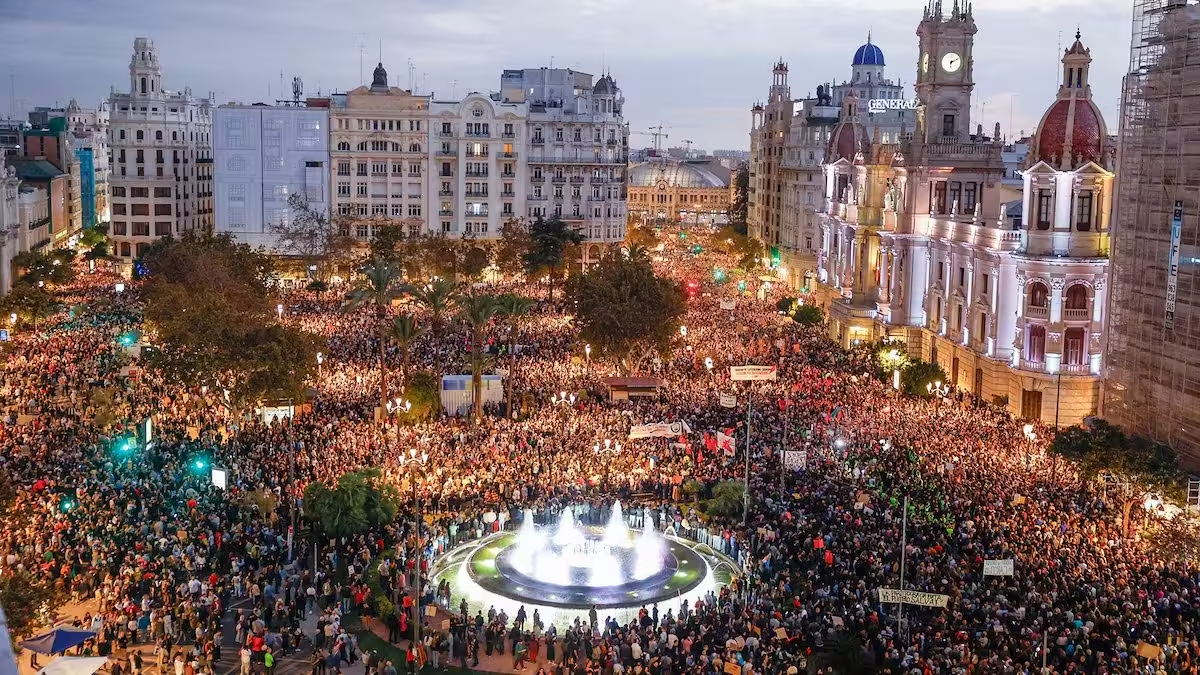Daughters of Spain: The hopes, recollections, and thoughts of Spanish Women
We’re pleased to share a guest post by author Joan Fallon, discussing her book Daughters of Spain. In this piece, Joan reflects on the changes in Spanish women’s lives since the Franco era, drawing from personal interviews and her experiences living in Spain...
I was delighted when Ybernia approached me to say they would like to publish a new edition of my book Daughters of Spain, a collection of first-hand interviews with a variety of Spanish women. It was the first book I ever published, back in 2009. Although in actual fact the idea behind the book was conceived twenty years earlier, in 1989, when I first came to Málaga. At that time, a democratic Spain had only been in existence for fourteen years, and my expectations of what life was like for the women of Spain was quite different from what I actually experienced when I arrived there. In that short space of time women’s lives had changed so much that they were not much different from those of women in Britain in the twentieth century. I had joined a Spanish language school which was owned and run by two young women, one of whom was divorced, and both were financially independent of their families. That alone would have inspired me to look further into the changes that had taken place since the death of Franco, but there were other reasons which stemmed from further back in my own past.
The Glass Ceiling
I had worked in education all my life, but during the 1970s and 80s I found myself constantly coming up against the ‘Glass Ceiling’, as it was referred to at the time. Despite having a long list of qualifications and experience, the top jobs were always going to the men I was competing against. But that wasn’t all; I soon realised that being a woman could also mean that I would not necessarily be treated as an equal even in my social life. I had been playing golf since I was in my early twenties, but by the end of the 1980s there were still golf clubs in existence where women were not allowed to enter the club house through the front door and were not allowed to play at weekends (the assumption there being that they had all week to play golf!) So, I suppose that is why I have been a campaigner for women’s equality for most of my life, and as such was keen to see what had changed for the women of Spain and how they felt about it.
The allure of Spain
Another factor which lay behind my interest in interviewing these women was that I have always been fascinated by Spain, not just its culture but also in its politics. When I was a teenager my English teacher introduced me to the works of Ernest Hemingway, including For Whom the Bell Tolls, where the main protagonist goes to Spain to fight on the side of the Republican forces. This, and the fact that my father had reportedly gone to Spain to join the International Brigade for a brief period in 1938, gave rise to an interest in the Spanish Civil War on my part. He never spoke to me about it, just as he didn’t speak about his experiences in World War II.
Different experiences
Many of the women I interviewed had lived through the civil war and were happy to tell me about their experiences and those of their families. One thing that became clear after talking to them was that not all of them looked back on their lives with regret. The restrictions were there for all the women, not being allowed to have a bank account, no chance of divorce from an abusive husband, no abortion, restricted education and being under the strict control of both State and Church. However, while some women had truly terrible stories to relate, others remembered their childhood and the civil war with equanimity. For some the civil war barely touched their lives whilst for others it was a devastating part of them.
Modern times
Daughters of Spain focuses on how the lives of Spanish women are forever changing; a metamorphosis that has yet to end. All we can say is that women in twenty-first century Spain are grabbing at life with both hands; they want to enjoy their lives to the full, be it as mothers, wives, career women, carers, or a combination of them all. The restrictions that have held them back years have been removed and now it is up to them to use their new freedom as they see best. The daughters of Spain can now develop and grow alongside their brothers.
For more information about Joan Fallon, her book Daughters of Spain, or Ybernia, the bilingual publishing house, feel free to explore the links below. Learn more about the author’s work, the stories of Spanish women, and how Ybernia brings engaging voices to readers worldwide.
For more information about the Daughters of Spain
Joan Fallon’s Website: Click here
Explore their online book store: Click here
Image: Daughters of Spain/Joan Fallon/Ybernia
Share this content:




4 comments